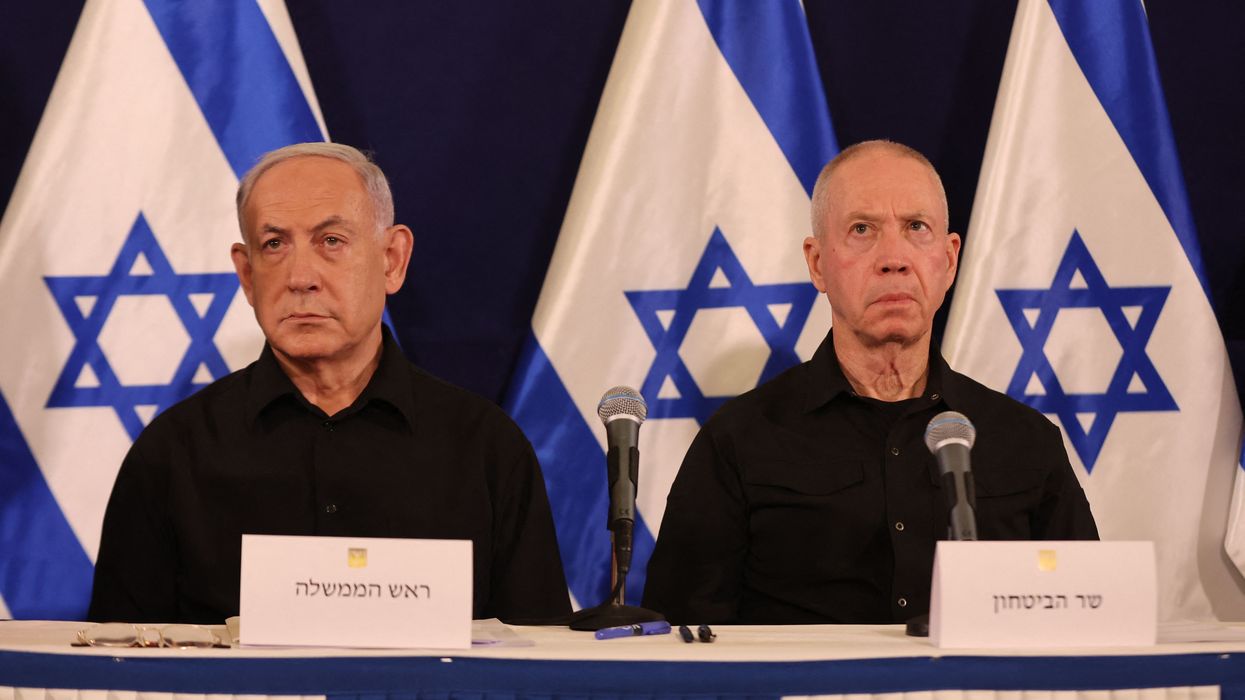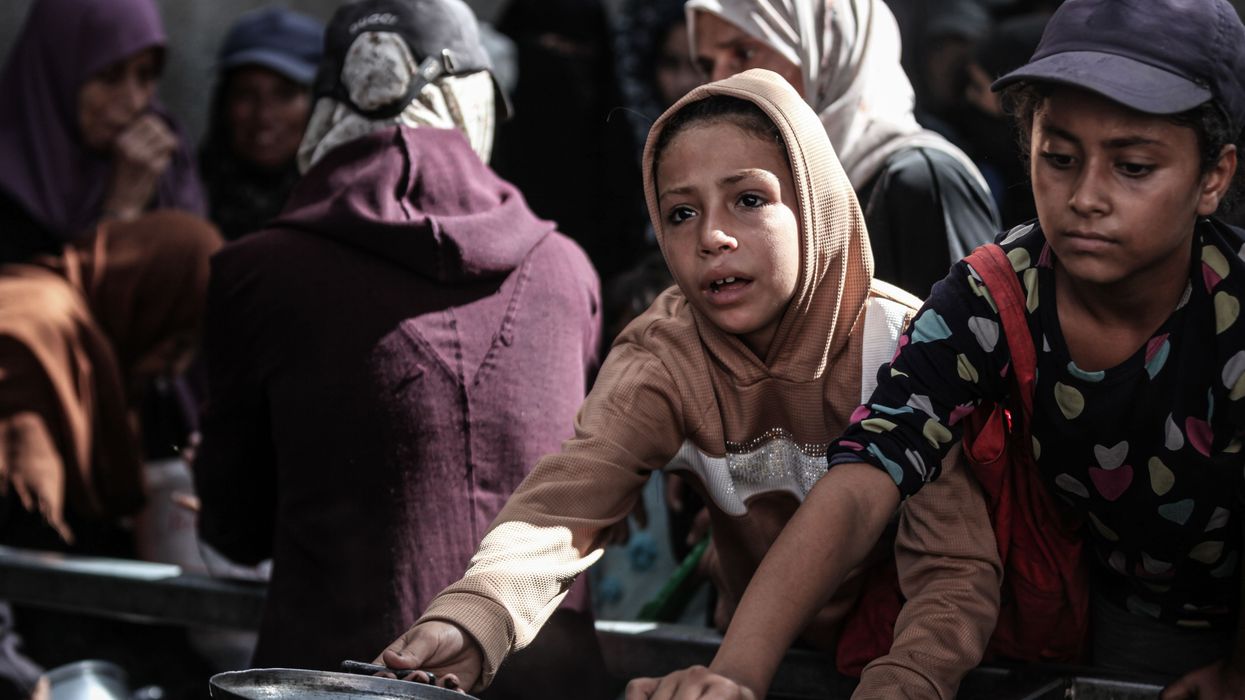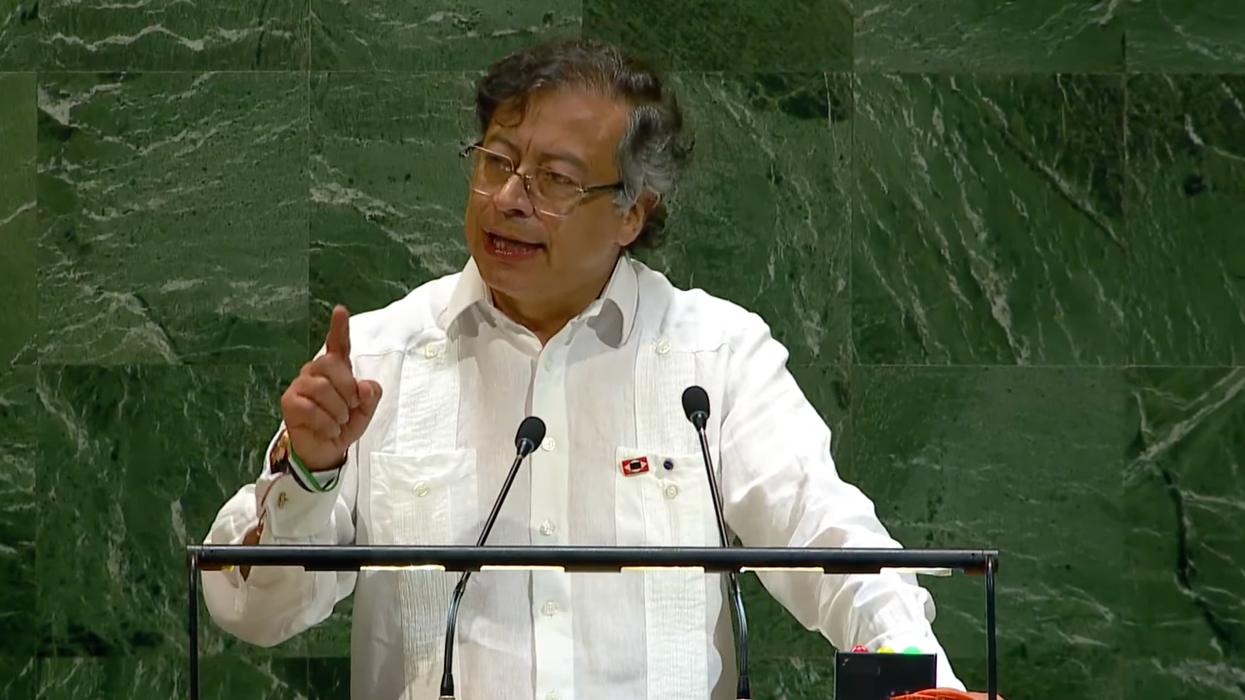Israel has sought to ban UNRWA from Gaza since January 2024, when it alleged without evidence that a small number of staffers at the agency had participated in a Hamas-led attack on southern Israel in October 2023.
Multiple investigations found that Israel had not provided supporting evidence of the allegations, and the ICJ on Wednesday said that the country had “not substantiated its allegations that a significant number of UNRWA employees were members of Hamas.”
With the advisory opinion, said Trita Parsi of the Quincy Institute for Responsible Statecraft, "yet another Israeli government lie—slavishly repeated by Western media—collapses."
ICJ President Yuji Iwasawa said in the ruling, which is not legally binding, that Israel's first obligation is to "ensure that the population of the occupied Palestinian territory has the essential supplies of daily life, including food, water, clothing, bedding, shelter, fuel, medical supplies, and services."
The court also ordered Israel to "agree to and facilitate by all means at its disposal relief schemes on behalf of the population of the occupied Palestinian territory so long as that population is inadequately supplied, as has been the case in the Gaza Strip."
UNRWA has said it has roughly 6,000 aid trucks that are ready to enter Gaza.
"With huge amounts of food and other lifesaving supplies on standby in Egypt and Jordan, UNRWA has the resources and expertise to immediately scale up the humanitarian response in Gaza and help alleviate the suffering of the civilian population," said Philippe Lazzarini, commissioner-general of the agency.
Israel began blocking humanitarian aid from entering Gaza following the Hamas-led attack in 2023, and intensified the blockade from March-May this year after breaking a ceasefire that began in January. More than 450 Palestinians have starved to death, and experts have warned that the many of the effects of starvation on those who have survived, especially children, may be irreversible. A famine was declared in August by the Integrated Food Security Phase Classification, a UN-backed group.
UN Secretary-General António Guterres said the ICJ opinion "comes at a moment in which we are doing everything we can to boost our humanitarian aid in Gaza. So the impact of this decision is decisive in order for us to be able to do it to the level that is necessary for the tragic situation in which the people of Gaza still is.”
As it has with numerous other rulings by the ICJ, Israel immediately rejected the decision and claimed it was politically motivated. The US State Department also dismissed the ruling, saying it "unfairly bashe[d] Israel" and repeated the debunked allegations of UNRWA's "deep entanglement with and material support for Hamas terrorism."
Step Vaessen of Al Jazeera reported that "even if Israel ignores [the advisory opinion], as it’s done time and time again, all the UN countries are obliged to follow up on this court’s advice."
The ICJ is also considering a genocide case against Israel, brought by South Africa.
In September, a commission of independent experts at the UN said Western countries including the US must stop providing military aid to Israel as it found the country was carrying out a genocide in Gaza, citing several of the attacks that have killed more than 68,000 Palestinians since October 2023 and public statements made by Israeli officials demonstrating their intent to wipe out Gaza's population of 2.1 million people.




